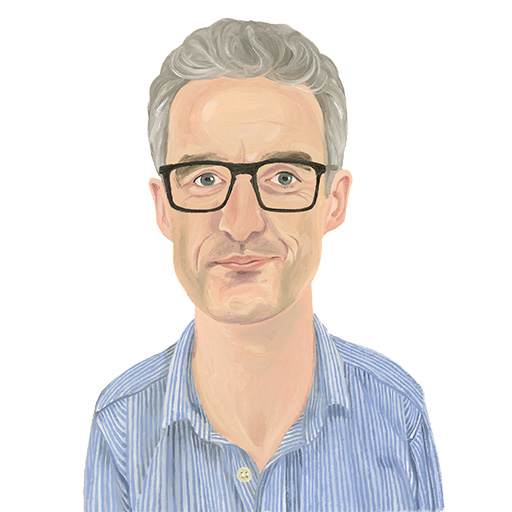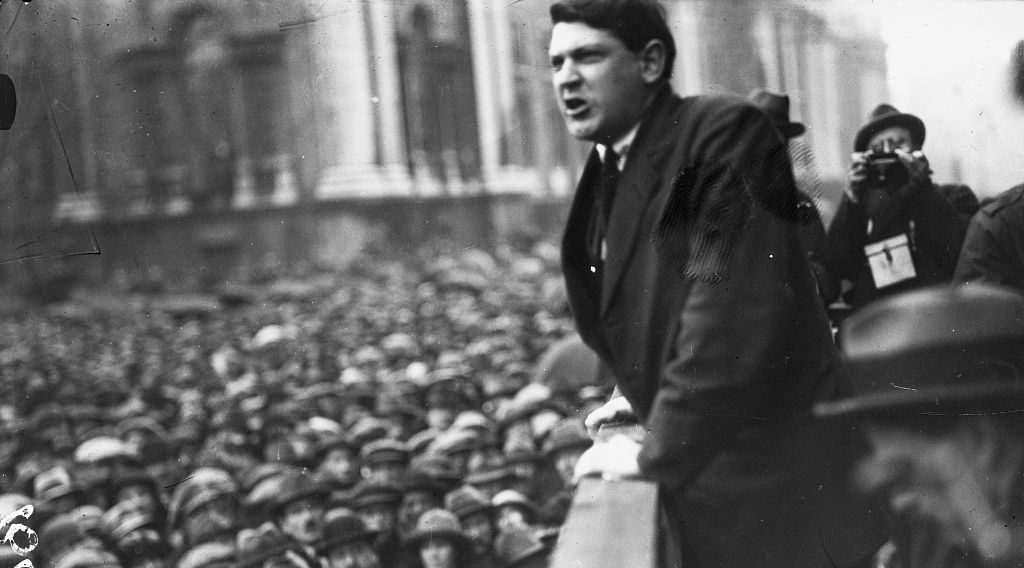How much is a carton of milk? used to be question thrown at politicians to gauge whether they were in touch with the reality faced by the common man.
But this question succumbed to a mistake that politics has been making for decades: that when it comes to evaluating what’s truly important, “It’s the economy, stupid” — a phrase coined by James Carville when he was advising Bill Clinton in his successful run for the White House in 1992.
At the time, the US was experiencing an economic recession and George HW Bush, the incumbent president, was being criticised for being out of touch with the needs of ordinary Americans.
Clearly, economic factors are hugely significant to the populace, and politicians should be on top of such matters (Clinton went on to win that election). But the price of milk question and Carville’s point both make the mistake of reducing people to “economic abstractions”.
If the past 10 years of political and societal turmoil have shown anything, a far better and more needed question and test to pose to a politician would be: What resides in the human heart (and is worth fighting for, one might add)? The fact that might sound a bit New Agey — and thereby odd — shows how restrictive acceptable narratives have become in politics.
Politicians across most of the West and the EU are utterly out of touch — and at the same time utterly homogenised by their shared cluelessness — with the issues that truly speak to the hearts of their citizenry.
One of the reasons they are so out of touch is because increasingly many of them don’t actually care. Politics has always been tainted and warped by the pursuit of power and wealth — but now the capture is far more complete.
“The West lives under a single political regime, managerial liberalism, that integrates the interests of commercial and bureaucratic elites,” James Kalb writes in his new book The Decomposition of Man: Identity, Technocracy, and the Church. “Liberal modernity claims to be based on freedom and equality, but it attempts to turn social life into an industrial process under detailed expert supervision and control.”
This authoritarian shift was brought up by Brussels Signals Head of News in a recent Brussels Calling Newsletter titled “How long until Brussels regulates YOUR personal relationships?”
“To an extent this is already happening; the European Commission is more than happy to put its big boot on anyone who does not conform to the narrative on LBGTQ issues, for example,” says Justin Snares. “I fear, with this precedent now set, that the floodgates are open. I would not be surprised to see a draft Regulation on the age of sexual consent, or some kind of batty proposal designed to increase fertility among EU citizens. Who knows, maybe Brussels will soon be issuing recommendations on how often we should have sex!”
If that sounds far-fetched, remember it has already happened: during repeated lockdowns the authorities controlled who you could or could not meet, engage with and, yes, sleep with.
“Western elites now claim the power to redefine at will the most basic human arrangements and understandings,” Kalb says. “They want useful workers, compliant citizens, consumers who make harmless choices, and ‘critical thinkers’, who in fact are those who reject tradition and common sense in favour of whatever official experts tell them.”
This extraordinary(ly bad) change/reversal in how Western democracies function was addressed by journalist and author Louise Perry when a guest speaker at the Brussels Signal launch party on Oct. 24.
“Why was it, students of history will wonder, that the guiding ideology of the American Empire and its European vassal states…shifted so suddenly in the second half of the 20th century,” Perry posits.
The answer, she suggests, is not so much due to “wokeness” or political correctness: “rather I think they will call this historical event the ‘Second Reformation’ in recognition of it being contiguous with the first Reformation.”
Perry explains that “while our ancestors of the 16th century went to war against Catholicism, we have gone to war against Christianity per se, and our world has been turned upside down as a consequence”.
This is one of the reasons we are seeing a successful counter by the Right in parts of Europe, and which is also being joined by a resurgence of Left-wing populism.
Both movements are responding to the EU’s progressive liberal agenda that forgets how, as Kalb highlights, people are “social creatures and not just economic abstractions” and hence they take very seriously the sort of things being undone by EU interference and regulation: history, tradition, religion and identity — the latter of which ranges from the family up to the national level.
“That is why today’s French and German nationalists oppose big business and Eurocrats but not each other,” Kalb says. “[It] is a way of protecting local identities and networks of solidarity from disruption by a global commercial and bureaucratic order.”
This ordering increasingly extends beyond politics into institutions across all of society, from academia to mainstream media to the law courts, all of them united by the project of secular progressive liberal modernity that appears set on dismantling the very foundations of Western civilisation, as well as what it means to live a meaningful life.
“To understand life we must see ourselves as situated through our origins and physical makeup, through family, community, and culture, and through higher principles that order our world and give it meaning,” Kalb says.
Good luck getting a politician to address and opine about such “high principles”. Perhaps he will now know the price of a carton of milk. Unfortunately I doubt that will make much difference this time round.
“While [the new political order] claims to liberate the individual, it ends up turning him into a cipher, a generic resource to be managed by business, bureaucracy, and social workers,” Kalb says.






Spain’s Left could implode as Greece’s did: That might please conservatives but loss of effective opposition doesn’t help anyone